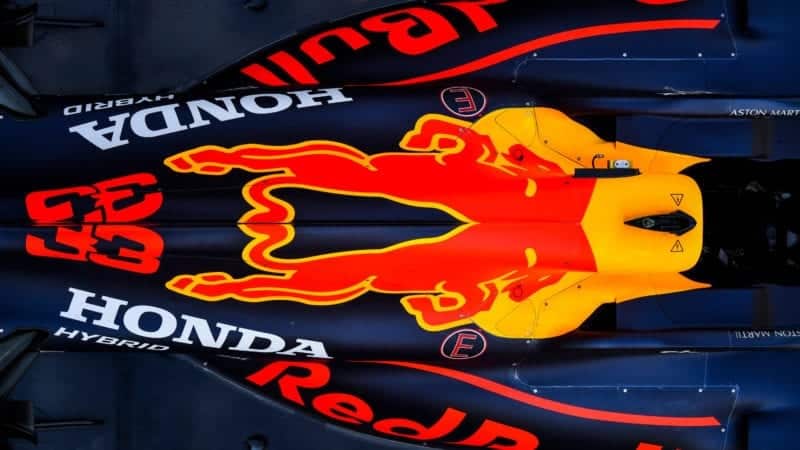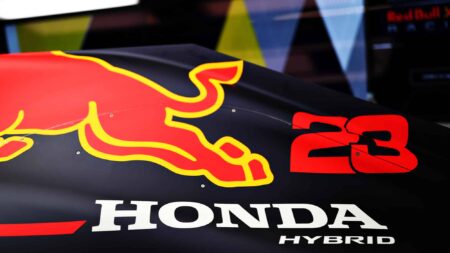The specification freeze and development restrictions soon to be applied to the hybrid power units, together with recent technical directives clamping down on whatever loopholes the FIA believes Ferrari found last year, is happening at a time when there is a tiny (around 10bhp) spread between the most and least powerful engines. This is great for closing up the grid, but it puts the engines back to the plug-in component status that they had reached at the end of the frozen-spec V8 era. The engine’s technical/R&D appeal to automotive companies is effectively gone.
Mercedes, through a combination of the team’s unique ownership structure with Toto Wolff and the level of its success, has become financially justifiable even at current spends. If Wolff, currently in negotiation with Daimler about a new contract beyond the end of this year, takes a less direct role in the team, enough to justify him being paid by Daimler rather than by the team, his salary would conceivably no longer be counted as one of the top three paid employees, leaving more spend for either F1 or other projects.
Renault believes that it can still see F1’s marketing benefit, and under the cap limits Renault feels it can now justify its spend. But according to some industry analysts, the company’s very future is in peril.
Ferrari is no longer really a Fiat automotive project. Since its listing on the stock exchange, Ferrari has become an independent entity only loosely tied to Fiat through mutual ownership. The strings are effectively cut. Ferrari is no longer really an ‘automotive’ team and is uniquely profiled to benefit from F1. Its massive spend arises from the massive income its revered brand commands, some of which has to come from F1.
Honda’s board is split on F1 and its contract with the Red Bull group runs only until the end of next year.





